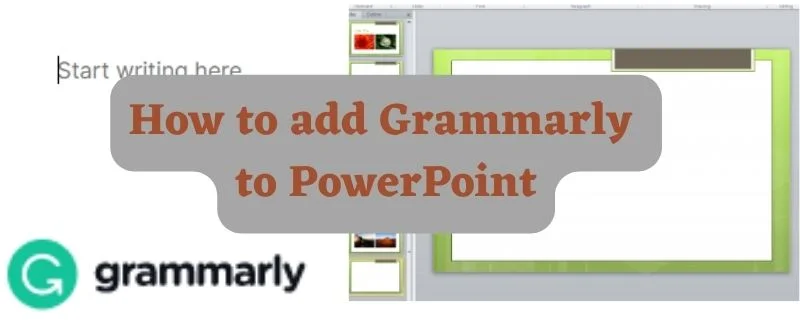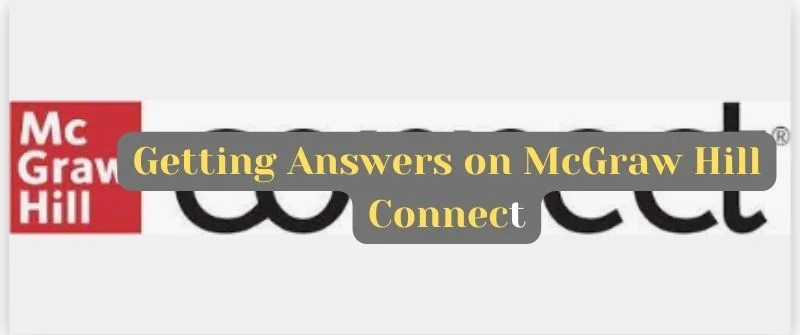Is Using Old Exams Cheating? Tips how to Use Them to Pass
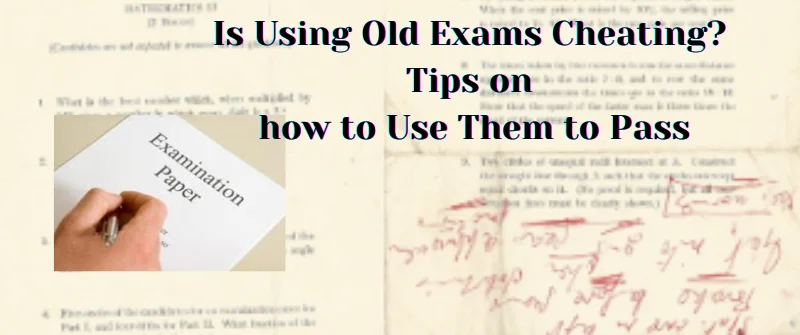
Every student would want to attain the best grade in an exam. For you to arrive at the grade of your expectations, you need to learn better.
One way of passing your exam is to revise your course materials as indicated in the syllabus including revising past papers. So, is using the old exam a form of cheating? Well, the actual answer is the subject of discussion in the next segment.
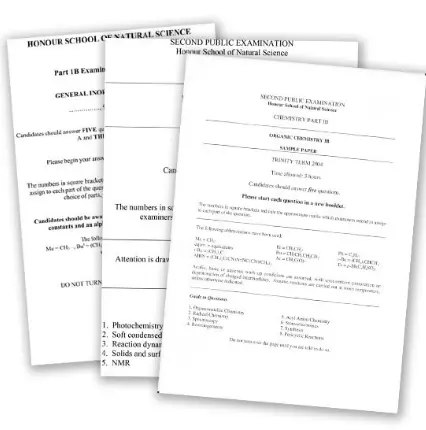
Using old exams is not cheating if you use them for the purposes of doing revision and studying. The questions in old exams are good for students to test their knowledge.
Using an old exam can only act as an inspiration to understand how lecturers frame the questions. However, it can be cheating if you copy the answers to old exam questions.
Many colleges put old exams in the library for reference. As such, you can access the old exam while doing your research on your course to meet your scholarly obligations.
Yes, using an old exam could be cheating in specific circumstances.
First, if you carry a copy of the same old exam into the test-room, which could amount to cheating.
Some lecturers use the same old questions in the current exam; hence such questions act as a leakage, suppose students know your trend.
People Also Read: SAT Essay Cancellation: Before College Registration Process
When Using Old Exams Becomes Cheating
1. When Copying their Answers
Accessing old exams papers and copying their answers to use in the examination session is cheating. Some students hide such answers and access them during their exams to pass and get better grades.
2. When Teachers Repeat Questions
Some examiners have a routine of repeating the same old questions in the year over and over. When students realize that trend, they will go back to the archive and study to get the answers in the given papers. Repeating questions serve as leakage to students who know that trend hence giving them a walkover.
3. When Using Old Questions to get an Advantage over others
Students may specialize in mastering the answers from exam papers. After that, they cram those answers as they anticipate that the lecturer will still set the same question in the coming exam. If they appear in the final exam, then it amounts to cheating.
People Also Read: Linking Words for Essay Writing: Useful Paragraph Phrases
How to Use Old Exams When Revising
1. Understand the Question
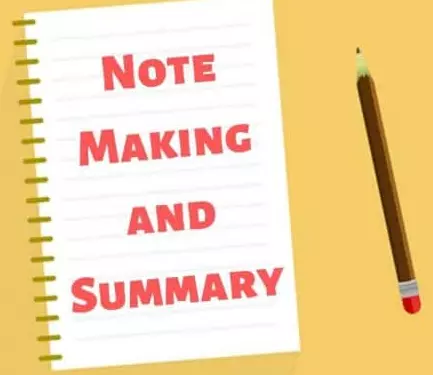
One can use the past papers to prepare for the real exam ahead.
When you practice the problems within these old papers, you get used to the format and the style of questions that are likely to come.
It could be advantageous if you knew how to recognize and respond to the questions as you prepare for the exam.
Also, research for the answers to these questions so that you have enough facts to convince the examiner that you understood the question.
This approach will be of great importance to you if you encounter a similar question in the exam.
2. Manage your Time
When you are revising the past exam papers, it is important to use similar time limits when answering such questions. Such a method is helpful to test your speed when working against the clock. That helps you to manage your time effectively. One can gauge if it is possible to work on all questions within the same timeframe or not.
Knowing how to manage time is a sound practice in exam preparation. You will discover the number of questions you can attempt within a limited period convincingly.
3. Test your knowledge
Revision is the only way to test the amount of information you have about what you have been studying. The past papers are avenues that can be helpful to discover how you can handle different topics that can feature in an exam.
It is vital to test your knowledge by revising the old exam papers. One feels more confident when getting the right facts about the things that you handled within the course. If unsure, you can research for the answers and keep them at your fingertips.
4. Structure the Information
Revising for the exam does not imply that you have to remember every fact. You should relate what you are revising with your materials. Perform in-depth processing to ensure that these materials stick into your memory. After that, begin to practice how to write answers for the given problems.
Sometimes exams are not only about what you know. Some questions may demand the application of your knowledge and demonstrate your understanding of a particular topic. Then, structure you answer with great ideas to demonstrate your grip about what the examiner expects.
5. Engage your source materials

An old exam is a perfect way to discover gaps in your knowledge. Once you find out that you lack enough knowledge in a particular topic that emerged in the old exam, you can revisit your notes and books to equip yourself better.
Besides, you should recall and summarize. The best way of remembering is to write the points from your memory. Go back through them to discover areas where you have gaps and give it more time to master the facts about it.
6. Space Your Practice
You should break periodically as a way of boosting your concentration. That is the best habit to help you in the retention of more knowledge. It is always stressful if you allocate more time to revise where your mind is busy and exhausted.
It can be a great idea to reward yourself with a treat before you complete the revision exercise. To study effectively, it is great to spread out your revision instead of dwelling on cramming. You can absorb more if by spending less time revising.
People Also Read: Last Minute College Essay: If Stuck, How to Write Within a Day
Dos and Don’ts of Using Old Exams to Revise
Dos
Plan
Students should have an effective plan on how to handle the exam that is ahead of them. Get enough old exam materials and go through them to discover your areas of strength and weakness.
Allocate more time to master those questions that you find difficult. Once you get enough facts, it becomes less stressful as you will be more relaxed while in the exam.
Relax
You should not lose yourselves to panic and time pressure. Repeat what you had been reading by answering the questions in the old exam papers in your own words. Revise when your mind is at peace to prevent anxiety.
Find a Motivation
It is possible to motivate yourself by thinking about what keeps you going. Reward yourself by taking a break and catching some fresh air outside.
More so, create a perfect study environment to improve your revision and learning process. The right place should lack distraction and noise. The room should be quiet and light-filled.
Don’ts
Starting too Late

It can be a wrong impression to believe that there is enough time ahead of you.
No matter how sharp one could be, it is possible to make mistakes. Short-term memory can never be effective.
Studying and revising should be a constant processes in your college life.
When you remain consistent in revising old papers several weeks before the exam, you will have won the battle by half.
Failure to target your weakness
One should purpose to study smartly. Such means that you should reflect on your progress and analyze where you went wrong. That requires one to put a targeted approach within a limited period.
Begin by identifying the topics that you have less confidence in them. Bolster them with repeated practice to maters some of the hard concepts.
Lacking an Exam Time plan
For one to remain productive, put on a study strategy. The best way is to have a revision timetable to avoid the last-minute rush, which is all about cramming. Cramming is not an effective way to study and revise because the contents are likely to evaporate.

When not handling complex essays and academic writing tasks, Josh is busy advising students on how to pass assignments. In spare time, he loves playing football or walking with his dog around the park.


